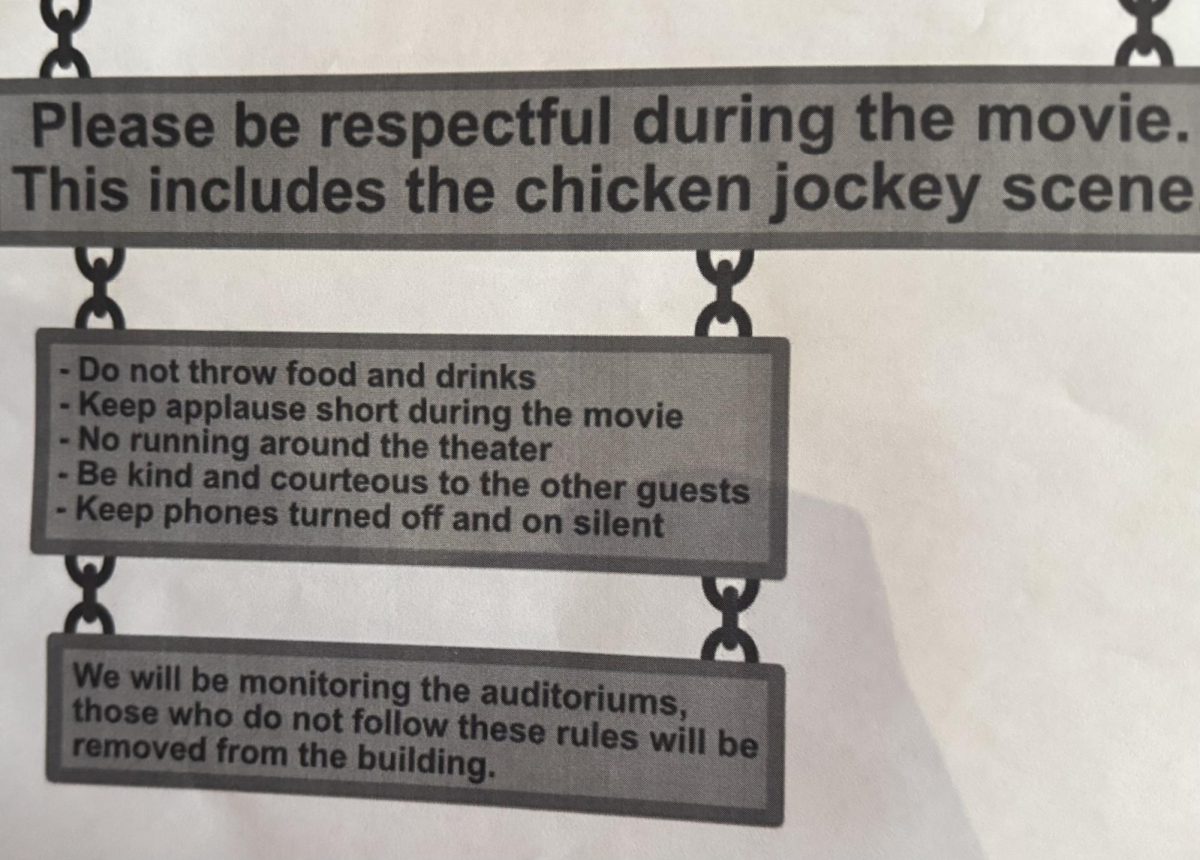The earliest enumerated legal codes, written in cuneiform, were scratched into huge stone tablets. To the Mesopotamian leaders (notably Hammurabi, but also others, some almost 500 years earlier) who commissioned the codes, the advantage was clear. Having a clearly enumerated lists of laws, and the prescribed punishments for transgressions, greatly reduced the volume of caterwauling and cajoling a Babylonian magistrate might have to weather. The laws were accessible; any citizen had the opportunity and agency to read them. So were the consequences; everyone would know exactly what to expect should he transgress. The subjectivity of the authorities was struck from the equation, as were the constitutional traits of the accused. Only the circumstances of the case, and the applicable statutes, remained.
At Macalester, we too have a code. All of the community, disciplinary and residence policies are plainly outlined in the student handbook (conveniently available on the school’s website). So, too, are conditions of academic and disciplinary probation. The rules are clear, and for the most part, reasonable. We are asked to maintain a C average and to avoid disruption of college operations. If we fail to do so, we can expect to be placed on probation, to lose the opportunity to participate in internships, study abroad and campus leadership roles. Unambiguity is convenient; it eliminates the need to argue about why a particular disciplinary case ended with a certain outcome. Race need not enter the equation. Neither do ideological predilections. The person received the given consequence because such a consequence is prescribed for that policy violation.
I would of course be remiss in saying that having written laws precludes the possibility of injustice, a sad fact all too clear to even a casual observer of the US justice system. But Weyerhaeuser Hall is not a Detroit courtroom, and the unfortunate existence of a phenomenon does not guarantee, or even indicate, its existence elsewhere. The authors of editorials in weeks past would be summarily incorrect if they claimed to be the sole targets of the school’s disciplinary wrath, targeted for their outspokenness and diversity of life experiences. They are only two of many. There are other students at this school on disciplinary probation. They do come from a variety of backgrounds, and each one is subject to the same restrictions and conditions the authors found so distastefully applied. Similarly, there are other student leaders on campus, colorfully diverse in background, voice and life experience, who have experienced none of the targeted oppression the authors claim. Realizing both of these realities, I’m led to believe then, quite firmly, that the students who were sanctioned were not targeted for their outlook or identities.
This is not to say that I do not sympathize with whichever issues these students might be facing. I do take exception, however, with efforts to exculpate oneself by implicating the administration as somehow unjust or vindictive. This is insulting not only to school staff who do try their best to be as accommodating and supportive as they possibly can, but also towards the many students of differing backgrounds, beliefs, outlooks and experiences who live, work, study, lead and protest here every single day within the rules, not disturbing others and simply doing what they need to do. There is no secret scheme, no single typecast that they all fit. In fact, there is a very simple formula, one that students would do well to consider before taking their grievances to a largely policy-abiding student body that, for the most part, wants little to do with over-the-top activism that has become endemic on this campus: Follow the rules. Reap the rewards.







Jack Parsons • Sep 11, 2019 at 11:54 pm
Hello.This post was extremely motivating, especially because I was browsing for thoughts on this matter last Thursday.
Warren Hardacre • Sep 10, 2019 at 5:25 pm
Can I just say what a aid to find somebody who truly knows what theyre talking about on the internet. You positively know how one can convey an issue to gentle and make it important. More people must read this and understand this side of the story. I cant imagine youre not more in style because you positively have the gift.
Carolyn Manning • Sep 7, 2019 at 6:33 pm
I have witnessed that charges for internet degree gurus tend to be an incredible value. For example a full College Degree in Communication with the University of Phoenix Online consists of Sixty credits with $515/credit or $30,900. Also American Intercontinental University Online comes with a Bachelors of Business Administration with a full school element of 180 units and a worth of $30,560. Online degree learning has made having your degree far more easy because you could earn your own degree in the comfort of your house and when you finish working. Thanks for all the other tips I have certainly learned through your website.